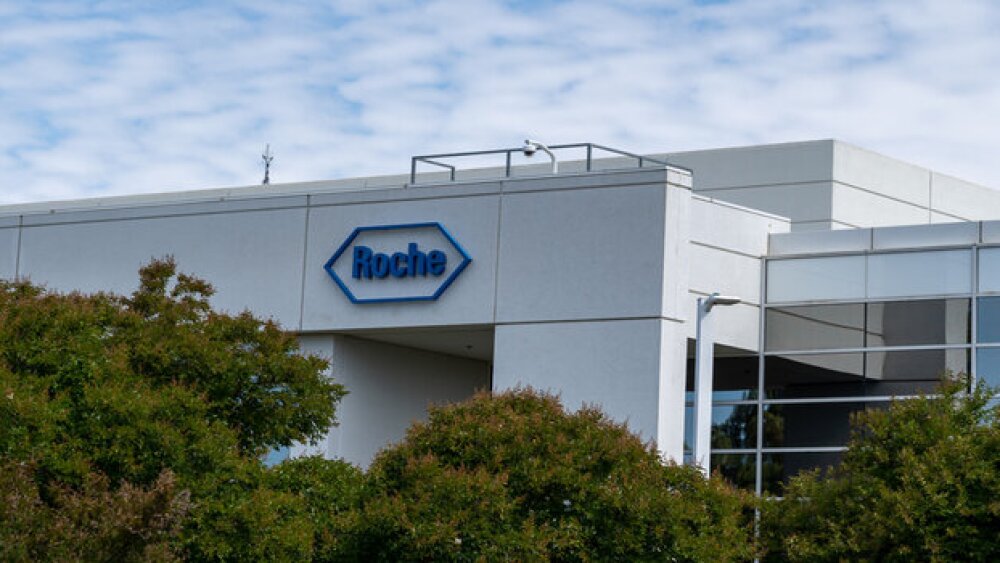SAN RAMON, Calif., Aug. 10, 2015 /PRNewswire/ -- BioClin Therapeutics, Inc. announced today that it has initiated a Phase 2 clinical study of B-701, an anti-FGFR3 antibody being investigated for the treatment of locally advanced or metastatic urothelial cell carcinoma, also known as bladder cancer.
"Urothelial cell carcinoma in patients who failed first-line treatment is a devastating disease for which there is no approved or effective treatment," stated clinical investigator, Joel Picus, M.D., Professor of Medicine, Division of Oncology at Washington University School of Medicine, St Louis, Missouri, who has enrolled the first patient into this study.
"B-701 has demonstrated benefits in combination with traditional chemotherapies such as gemcitabine, carboplatin, and taxane in preclinical bladder cancer xenograft models and has been investigated in a Phase 1 clinical study for various solid tumors, including urothelial cell carcinoma. We are pleased a group of eminent clinical investigators will be participating in this important study," stated Stephen Lau, Chief Executive Officer of BioClin Therapeutics.
The study is a Phase 2, randomized, double-blinded, placebo-controlled, multicenter, parallel-group, efficacy and safety study of B-701 in combination with docetaxel versus docetaxel alone for the treatment of patients with Stage IV, locally advanced or metastatic urothelial cell carcinoma who have relapsed after, or are refractory to, one or two prior lines of chemotherapy which have not included a taxane. This study is divided into two phases: an open-label lead-in phase, which will assess the safety and potential early signal of efficacy of B-701 plus docetaxel, and the randomized phase, which will compare B-701 in combination with docetaxel vs. docetaxel alone. Today's announcement signals the start of the lead-in phase.
"Targeting overexpressing wild-type, mutant, or fusion forms of FGFR3 with B-701 opens other possibilities for bladder cancer patients," said Dr. Joaquim Bellmunt M.D., Ph.D. from Dana-Farber Cancer Institute, where the study also will start accruing patients soon.
Additional details of this study can be found on www.clinicaltrials.gov:
https://clinicaltrials.gov/ct2/show/NCT02401542?term=bioclin+therapeutics&rank=1
Separately, an investigator-sponsored study assessing B-701 in combination with a clinical-stage immune checkpoint inhibitor in patients with advanced/metastatic urothelial cell carcinoma is planned for later this year.
About B-701:
B-701 is a novel human monoclonal antibody specific for fibroblast growth factor receptor 3 (FGFR3) that is being developed to target FGFR3-positive tumors. Studies have shown that many patients with urothelial cell carcinoma overexpress FGFR3 on the tumor cell surface.
Preclinical studies have also shown that B-701 suppresses FGFR3-mediated cell proliferation and exerts strong anti-tumor activity in mouse xenograft models of bladder cancer, including in combination with gemcitabine, carboplatin, or paclitaxel, all standard-of-care therapies for urothelial cell carcinoma. B-701 monotherapy was tested in two Phase 1 studies, one of which included patients with locally advanced or metastatic urothelial cell carcinoma.
About Bladder Cancer and Urothelial Cell Carcinoma:
Bladder cancer is the sixth most commonly diagnosed cancer in the U.S.A.
Over 90% of bladder cancer is urothelial cell carcinoma; other less frequent variants include squamous cell and adenocarcinoma. It is estimated that 74,000 new cases and 16,000 deaths from bladder cancer will occur in 2015 in the U.S. alone. There are an estimated 151,100 new cases and 52,400 deaths annually in Europe.
Seventy to 80% of bladder cancer is superficial, while 20-30% is invasive. In approximately 15% of the cases, the tumor extends beyond the wall of the bladder (stage T4). Prognosis of the metastatic T4 tumor type is poor despite surgery and systemic chemotherapy.
Therapeutic option for metastatic bladder cancer includes chemotherapy, generally gemcitabine in combination with cisplatin for 1st line treatment. There are no approved therapies available for 2nd line therapy where a patient has an average survival of 6 to 9 months.
B-701 as a single agent potently inhibits the growth of bladder cancer tumors in mouse xenografts expressing wild-type, mutant, or fusion forms of FGFR3. Further, in combination with standard-of-care chemotherapy for bladder cancer, B-701 greatly enhances the inhibition of the growth observed with single agent chemotherapy including gemcitabine, carboplatin, and paclitaxel in mouse xenografts.
About BioClin Therapeutics, Inc.
BioClin Therapeutics, Inc. is a privately-held company developing biologics to address medical conditions where there are no approved or effective therapies. The company's lead candidate is B-701, a human monoclonal antibody targeting FGFR3 (fibroblast growth factor receptor 3).
B-701 is the most advanced FGFR3-specific antagonist in development. Currently, B-701 is being developed as a potential therapy for metastatic bladder cancer and achondroplasia (the most common form of dwarfism), both conditions for which there are significant unmet medical needs.
For more information, visit BioClin's website at www.bioclintherapeutics.com.
Forward-Looking Statement:
This press release contains forward-looking statements about the business and prospects of BioClin Therapeutics Inc., which involve risks and uncertainties, including, without limitation, statements about the timing and plans to conduct a Phase 2 clinical trial of B-701 in urothelial cell carcinoma. These risks and uncertainties include, among others: timing of enrollment in and results of the Phase 2 clinical trial; the content and timing of decisions by the U.S. Food and Drug Administration, the European Commission and other regulatory authorities concerning B-701. Such statements are subject to certain risks and uncertainties, particularly those inherent in the process of developing and commercializing drugs. The company's forward-looking statements also involve assumptions that, if they prove incorrect, would cause its results to differ materially from those expressed or implied by such forward-looking statements. BioClin is under no obligation, and expressly disclaims any obligation to update or alter any forward-looking statement, whether as a result of new information, future events or otherwise.
SOURCE BioClin Therapeutics, Inc.
 Help employers find you! Check out all the jobs and post your resume.
Help employers find you! Check out all the jobs and post your resume.




